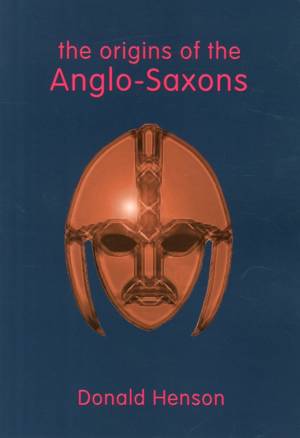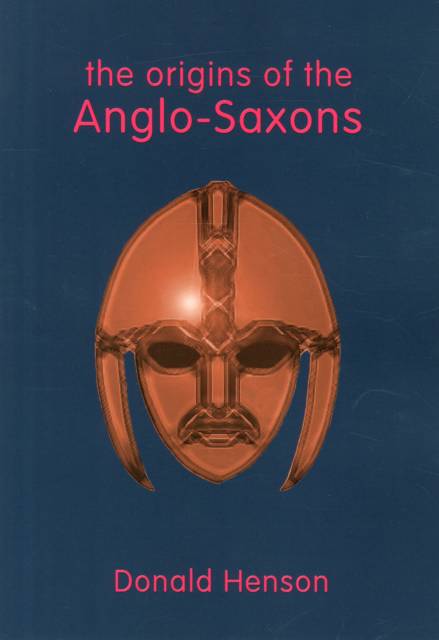
En raison d'une grêve chez bpost, votre commande pourrait être retardée. Vous avez besoin d’un livre rapidement ? Nos magasins vous accueillent à bras ouverts !
- Retrait gratuit dans votre magasin Club
- 7.000.000 titres dans notre catalogue
- Payer en toute sécurité
- Toujours un magasin près de chez vous
En raison de la grêve chez bpost, votre commande pourrait être retardée. Vous avez besoin d’un livre rapidement ? Nos magasins vous accueillent à bras ouverts !
- Retrait gratuit dans votre magasin Club
- 7.000.0000 titres dans notre catalogue
- Payer en toute sécurité
- Toujours un magasin près de chez vous
Description
By the 4th century AD Britain was witnessing the break down of Roman identity and by the mid-6th century a number of kingdoms had been created which paved the way for the Germanic take-over. Frustrated with other studies of the origins of the Anglo-Saxons which, Donald Henson argues, are generally over-reliant on archaeological sources and social theories of change taken from prehistory, share a lack of objectivity and have tended to polarise the debate regarding this period, he presents his interpretation of the origins and formation of Anglo-Saxon identity and ideas of nationhood. Drawing on sources and ideas from archaeology, social anthropology, sociology, history, language and literature, his study is a thematic examination of ethnic markers rather than a history of events. In studying ethnic markers such as kinship, origins, name, land, language, religion, material culture, myths and legends, and social and political structures, he examines what happened to ethnic identity after the withdrawal of the Romans and attempts to reconcile the importance of continental connections and migrations on the one hand and the desire to hold on to existing ethnic markers on the other. A number of subjects and sources are dealt with in more detail in the appendices including a discussion of rulers outside of Britain, early Anglo-Saxon kingdoms, a chronology of Anglo-Saxon material culture, Germanic and British place names, sources on Arthur, a timeline 406-634, and a list of key sources of the period.
Spécifications
Parties prenantes
- Auteur(s) :
- Editeur:
Contenu
- Nombre de pages :
- 295
- Langue:
- Anglais
Caractéristiques
- EAN:
- 9781898281573
- Date de parution :
- 03-12-10
- Format:
- Livre broché
- Format numérique:
- Trade paperback (VS)
- Dimensions :
- 178 mm x 251 mm
- Poids :
- 635 g

Les avis
Nous publions uniquement les avis qui respectent les conditions requises. Consultez nos conditions pour les avis.






